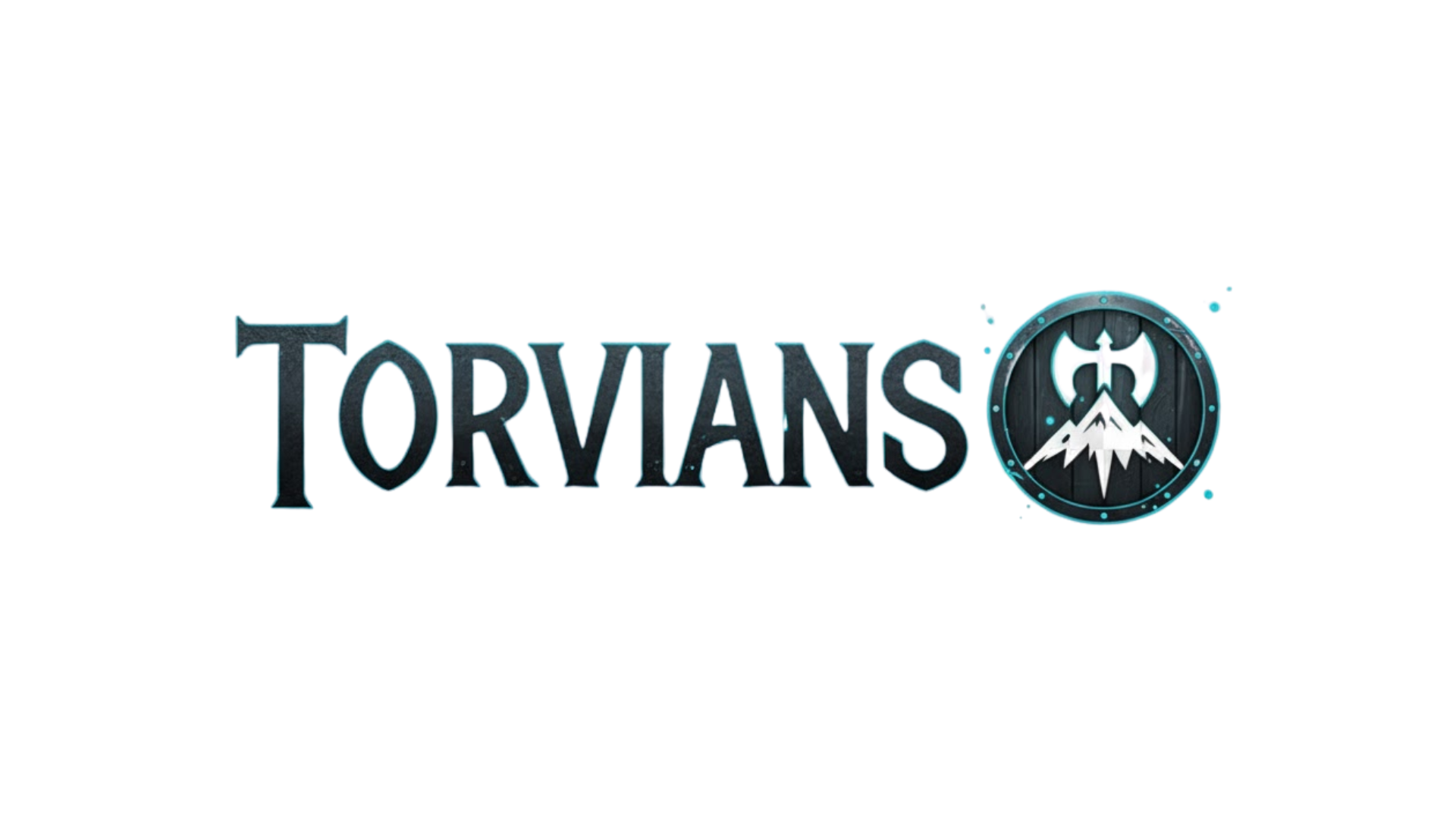Blockchain technology is rapidly transforming how cities operate, offering unprecedented transparency, efficiency, and citizen engagement in urban governance systems worldwide.
🏙️ The Dawn of Digital Democracy in Urban Spaces
Cities across the globe are facing mounting challenges: population growth, resource constraints, and increasing demands for transparent governance. Traditional bureaucratic systems struggle to keep pace with modern expectations, often plagued by inefficiency, corruption, and lack of accountability. Enter blockchain technology—a revolutionary framework that promises to reshape urban governance from the ground up.
Blockchain, the distributed ledger technology that underpins cryptocurrencies, offers far more than digital currency applications. Its core attributes—transparency, immutability, decentralization, and security—align perfectly with the fundamental requirements of good governance. Cities that embrace blockchain are discovering new possibilities for managing public services, tracking resources, and engaging citizens in decision-making processes.
The transformation isn’t merely theoretical. Forward-thinking municipalities from Dubai to Seoul, from Estonia to Switzerland, are already implementing blockchain solutions that demonstrate tangible benefits. These pioneers are building roadmaps that other cities can follow, proving that the future of urban governance is already taking shape.
Breaking Down Blockchain: Technology Meets Civic Infrastructure
Understanding blockchain’s impact on city governance requires grasping its fundamental mechanics. At its core, blockchain is a distributed database that maintains a continuously growing list of records, called blocks, which are linked and secured using cryptography. Each block contains transaction data, a timestamp, and a cryptographic hash of the previous block, creating an unbreakable chain of information.
What makes this revolutionary for governance is the elimination of centralized control. No single entity owns or controls the blockchain network, meaning information stored there cannot be arbitrarily altered, deleted, or manipulated by government officials, hackers, or other bad actors. Every transaction is recorded permanently and transparently, creating an auditable trail that citizens can verify.
Smart Contracts: Automating Municipal Services
One of blockchain’s most powerful features for city governance is smart contracts—self-executing agreements with terms directly written into code. These contracts automatically enforce and execute themselves when predetermined conditions are met, eliminating intermediaries and reducing opportunities for corruption or human error.
Imagine property transactions that complete automatically once all legal requirements are verified, business permits issued instantly when compliance criteria are met, or social benefits disbursed immediately when eligibility is confirmed. Smart contracts make these scenarios reality, streamlining bureaucratic processes that traditionally take weeks or months into transactions completed in minutes.
💼 Real-World Applications Transforming Urban Life
Land Registry and Property Management
Property records represent one of the most promising applications of blockchain in city governance. Traditional land registries are vulnerable to fraud, disputes, and inefficiency. Paper-based systems can be destroyed, altered, or lost, while centralized digital systems remain susceptible to hacking and corruption.
Blockchain-based land registries create immutable records of ownership that cannot be fraudulently altered. Countries like Georgia, Sweden, and Ghana have pioneered blockchain land registry systems, dramatically reducing property disputes and transaction times. Citizens gain certainty about ownership, investors enjoy greater confidence, and governments reduce administrative burdens.
The city of Dubai has implemented a blockchain-based land registry that allows property transactions to occur without intermediaries, reducing processing times from weeks to minutes. The system has increased transparency, reduced costs, and virtually eliminated fraudulent property claims.
Digital Identity and Citizen Services
Blockchain enables cities to create secure, portable digital identities for residents. Estonia leads this revolution with its e-Residency program, which provides digital identities backed by blockchain technology. Citizens use these identities to access government services, vote, sign documents, and conduct business—all online, securely, and efficiently.
Digital identity systems eliminate the need for multiple documents and repeated verification processes. A blockchain-based identity verified once can be used across numerous government services, reducing paperwork, preventing identity theft, and improving accessibility for all citizens, especially marginalized populations who lack traditional identification documents.
Supply Chain Transparency for Public Procurement
Government procurement represents a significant portion of urban budgets and a frequent source of corruption. Blockchain brings unprecedented transparency to purchasing processes, creating auditable records of every transaction from request to delivery.
Seoul has implemented blockchain in its public procurement system, recording all contract information on a distributed ledger accessible to citizens. This transparency has reduced corruption opportunities, increased vendor accountability, and restored public trust in government spending. Every citizen can verify that public funds are used appropriately, creating a powerful deterrent against misappropriation.
🗳️ Revolutionizing Democratic Participation
Blockchain-Based Voting Systems
Electoral integrity forms the foundation of democratic governance, yet traditional voting systems face challenges ranging from fraud to low participation. Blockchain offers solutions that could transform democratic engagement in cities worldwide.
Blockchain voting systems create tamper-proof records of each vote while maintaining voter anonymity. Votes cannot be altered after casting, results can be verified independently, and the entire process becomes transparent without compromising ballot secrecy. These systems also enable secure remote voting, potentially increasing participation rates dramatically.
Zug, Switzerland, piloted blockchain voting for municipal decisions, allowing citizens to vote securely using their smartphones. The trial demonstrated both technical feasibility and citizen acceptance, paving the way for broader implementation. Similar pilots in West Virginia and Denver have shown promise for both civilian and military voters.
Participatory Budgeting and Community Decision-Making
Beyond traditional elections, blockchain enables new forms of citizen participation in governance. Participatory budgeting platforms built on blockchain allow residents to propose, discuss, and vote on how portions of municipal budgets should be spent.
These systems create transparent processes where citizens see exactly how proposals are evaluated and funds allocated. The immutable record prevents manipulation and ensures that winning proposals receive promised funding. Cities implementing blockchain-based participatory budgeting report increased civic engagement, particularly among younger residents more comfortable with digital platforms.
🌍 Environmental Monitoring and Sustainability Initiatives
Cities face mounting pressure to address climate change and environmental degradation. Blockchain technology offers powerful tools for monitoring environmental conditions, verifying sustainability claims, and incentivizing eco-friendly behavior.
Blockchain-based sensors can track air quality, water purity, noise levels, and other environmental metrics in real-time, recording data on an immutable ledger that prevents manipulation. Citizens gain access to reliable environmental information, while regulators can identify violations instantly and enforce compliance effectively.
Singapore has deployed blockchain-based systems for carbon credit trading, creating transparent markets that incentivize emissions reductions. Companies receive verifiable carbon credits for reducing emissions, which they can trade on blockchain platforms, creating economic incentives for environmental responsibility.
Waste Management and Recycling Programs
Several cities have implemented blockchain solutions for waste management, tracking waste from generation through disposal or recycling. These systems create accountability throughout the waste stream, ensuring proper handling and verifying recycling claims.
Residents can receive token rewards for recycling, tracked on blockchain platforms and redeemable for services or discounts. This gamification of environmental responsibility has proven highly effective at increasing participation in sustainability programs while providing municipalities with accurate data on waste generation and recycling rates.
⚡ Overcoming Implementation Challenges
Technical Infrastructure and Expertise
Implementing blockchain governance systems requires significant technical infrastructure and expertise. Many cities lack the internal capacity to develop and maintain blockchain applications, necessitating partnerships with technology companies or blockchain specialists.
The solution involves phased implementation approaches. Cities can start with pilot projects in specific departments or services, building institutional knowledge and demonstrating value before scaling. Public-private partnerships can provide necessary expertise while cities develop internal capabilities.
Regulatory and Legal Frameworks
Existing legal frameworks often don’t accommodate blockchain-based systems. Questions about data ownership, liability for smart contract failures, and the legal status of blockchain records require careful consideration and often legislative action.
Progressive jurisdictions are developing regulatory frameworks specifically for blockchain applications in governance. These frameworks balance innovation with consumer protection, creating clear rules that enable implementation while safeguarding citizen rights.
Digital Divide and Accessibility Concerns
Blockchain governance systems risk excluding citizens without digital access or technical literacy. Ensuring inclusive implementation requires maintaining alternative access methods and investing in digital literacy programs.
Successful implementations include physical access points where citizens can interact with blockchain systems without personal devices, multilingual interfaces, and user-friendly designs that don’t require technical knowledge. The goal is making blockchain’s benefits accessible to all residents, not creating new barriers to participation.
💡 Economic Implications and Cost-Benefit Analysis
Implementing blockchain governance systems requires substantial upfront investment in technology, training, and system development. However, cities that have made this investment report significant long-term savings through reduced administrative costs, decreased fraud, and improved efficiency.
Dubai estimates its blockchain strategy will save 5.5 billion dollars annually in document processing alone, equivalent to 25.1 million hours of productivity. These savings come from eliminating redundant processes, reducing fraud, and streamlining transactions that previously required multiple intermediaries.
Beyond direct cost savings, blockchain systems generate economic value through increased investor confidence, faster business processes, and reduced corruption. Transparent governance attracts investment, while efficient systems reduce the cost of doing business in a city.
🔮 The Road Ahead: Future Developments and Innovations
The intersection of blockchain with other emerging technologies promises even more transformative applications. Artificial intelligence combined with blockchain can create intelligent governance systems that predict city needs, optimize resource allocation, and identify problems before they escalate.
Internet of Things devices recording data on blockchain will create smart cities where infrastructure components communicate autonomously, optimizing traffic flow, energy consumption, and public safety in real-time. These integrated systems will make cities more responsive, efficient, and livable.
Interoperability and Cross-City Collaboration
Future blockchain governance systems will likely extend beyond individual cities to create regional or even global networks. Standardized protocols will enable cities to share data, coordinate policies, and learn from each other’s experiences.
Imagine seamless travel where your digital identity verified in one city is automatically recognized in another, or environmental monitoring networks that track pollution across municipal boundaries. These collaborative systems will address challenges that transcend individual jurisdictions.
🚀 Building Citizen Trust Through Transparent Governance
Perhaps blockchain’s most significant contribution to city governance is restoring trust between citizens and their governments. In an era of declining confidence in institutions, blockchain’s transparency and immutability offer powerful tools for rebuilding credibility.
When citizens can verify government actions independently, see exactly how public funds are spent, and participate meaningfully in decision-making, trust naturally follows. This trust enables more ambitious governance initiatives and stronger communities.
Cities implementing blockchain governance report not just technical improvements but cultural shifts. Citizens become more engaged, officials more accountable, and civic culture more collaborative. These intangible benefits may ultimately prove more valuable than the efficiency gains.

Creating Your City’s Blockchain Future
The transformation of city governance through blockchain is not a distant possibility—it’s happening now. Cities worldwide are demonstrating that blockchain technology can deliver more transparent, efficient, and participatory governance systems.
Success requires vision, commitment, and careful planning. Cities must invest in technical infrastructure, develop appropriate regulatory frameworks, and ensure inclusive implementation. They must also cultivate partnerships, learn from pioneers, and remain adaptable as technology evolves.
The stakes are high. Cities that embrace blockchain governance position themselves as innovative, trustworthy, and efficient—attractive destinations for residents, businesses, and investment. Those that resist risk falling behind as citizens increasingly expect the transparency and efficiency that blockchain enables.
The future of city governance is being written in distributed ledgers, smart contracts, and transparent systems that empower citizens while holding officials accountable. This future is within reach for any city willing to embrace the possibilities that blockchain technology offers. The question is not whether blockchain will revolutionize urban governance, but which cities will lead this revolution and which will follow.
As we stand at this technological crossroads, one thing remains clear: blockchain offers cities unprecedented opportunities to reimagine governance for the digital age. By unlocking these possibilities today, forward-thinking cities are building the transparent, efficient, and participatory governance systems that will define urban life for generations to come.
Toni Santos is an urban innovation writer and researcher dedicated to exploring how technology, sustainability, and design are reshaping the cities of tomorrow. With a deep interest in smart infrastructure and human-centered development, Toni studies how data-driven systems and green technologies can create more livable, resilient, and efficient urban environments. Fascinated by sustainable architecture, IoT integration, and next-generation mobility, Toni’s work connects environmental awareness with digital transformation. Through research and storytelling, he examines how intelligent planning and renewable innovation can redefine the relationship between people and their cities. Blending urban design, environmental science, and systems thinking, Toni documents the breakthroughs that are reimagining how we build, move, and coexist. His work highlights the architects, engineers, and technologists leading the charge toward smarter, greener futures. His work is a tribute to: Green architecture as the foundation for sustainable living IoT innovation shaping the infrastructure of connected cities Mobility systems and renewable energy driving urban transformation Whether you’re an architect, engineer, or city planner, Toni Santos invites you to explore the technologies and ideas building the smart, sustainable cities of the future — one street, one system, one vision at a time.




